Council of private schools questions rationale for Smart Schools Project
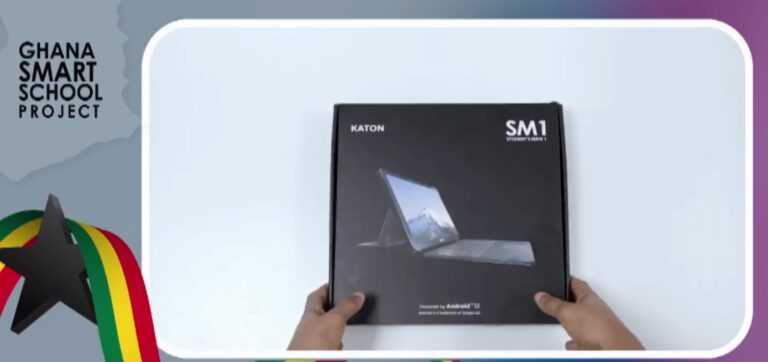
The Ghana National Council of Private Schools (GNACOPS) has raised significant concerns about the government’s Ghana Smart Schools Project, a program designed to advance technological education by providing tablets to Senior High School students across the nation.
Enoch Kwasi Gyetuah, the National Executive Director of GNACOPS, criticized the initiative as misguided and a misallocation of resources that could be better spent addressing the core challenges plaguing the country’s educational system.
The initiative, championed by President Nana Akufo-Addo, promises to distribute 1.3 million pre-programmed tablets to students, aiming to bolster computer literacy and technological skills.
However, Gyetuah, in a candid interview on the Onua FM Etifi Nsem show, voiced skepticism about the project’s prioritization amid more pressing infrastructure and connectivity issues facing many schools.
Gyetuah’s concerns extend beyond the logistics of distributing and maintaining the devices.
He questioned the feasibility of integrating these tablets into the educational framework, especially in areas plagued by network challenges and inadequate infrastructure.
ALSO READ: MTN Ghana commissions GHC2.3m robotics center at MEGHIS
His remarks underline a fear that the initiative, while technologically forward-looking, might not adequately address or even acknowledge the foundational problems within the educational sector.
Moreover, Gyetuah hinted at a political motive behind the timing and rollout of the project, labeling it more as a political maneuver than a genuine educational policy aimed at benefiting the student population.
This criticism is sharpened by the fact that 2024 is an election year in Ghana, suggesting that the initiative might be aimed more at garnering political favor than addressing educational needs.
Another layer of Gyetuah’s critique involves the current policies prohibiting the use of electronic devices by students in schools.
He questioned how the new initiative would align or conflict with existing regulations, indicating a potential policy contradiction that could undermine the project’s implementation.
Furthermore, Gyetuah expressed disappointment over the government’s consistent exclusion of private schools from such educational policies, highlighting a broader issue of equity and inclusiveness in policy formulation and implementation.
In essence, while the Ghana Smart Schools Project might represent a step towards modernizing the country’s educational system, the criticisms from GNACOPS underscore the need for a more holistic approach that addresses foundational educational challenges while also ensuring inclusivity and practicality in its execution.
Share Our Post on The Topic ‘Council of private schools questions rationale for Smart Schools Project’.
To Read More Stories, Click Here.


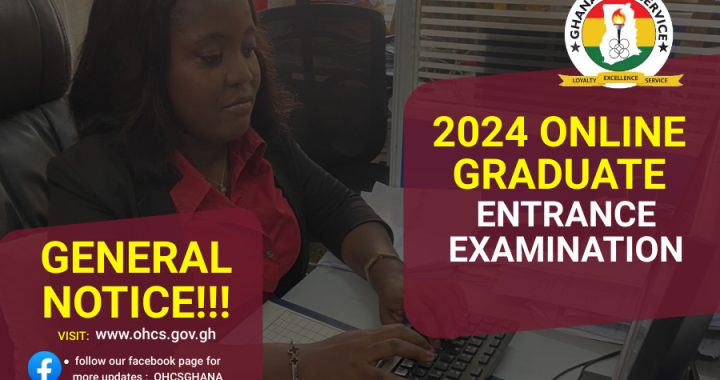 Civil Service Announces 2024 Online Examination Details for Graduate Applicants
Civil Service Announces 2024 Online Examination Details for Graduate Applicants 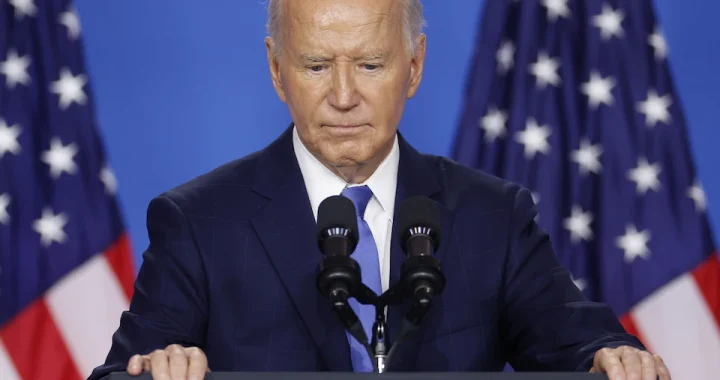 BREAKING: President Biden Announces Decision Not to Seek Reelection
BREAKING: President Biden Announces Decision Not to Seek Reelection  Real Reason Behind the Appointment of Yohunu as Deputy IGP
Real Reason Behind the Appointment of Yohunu as Deputy IGP 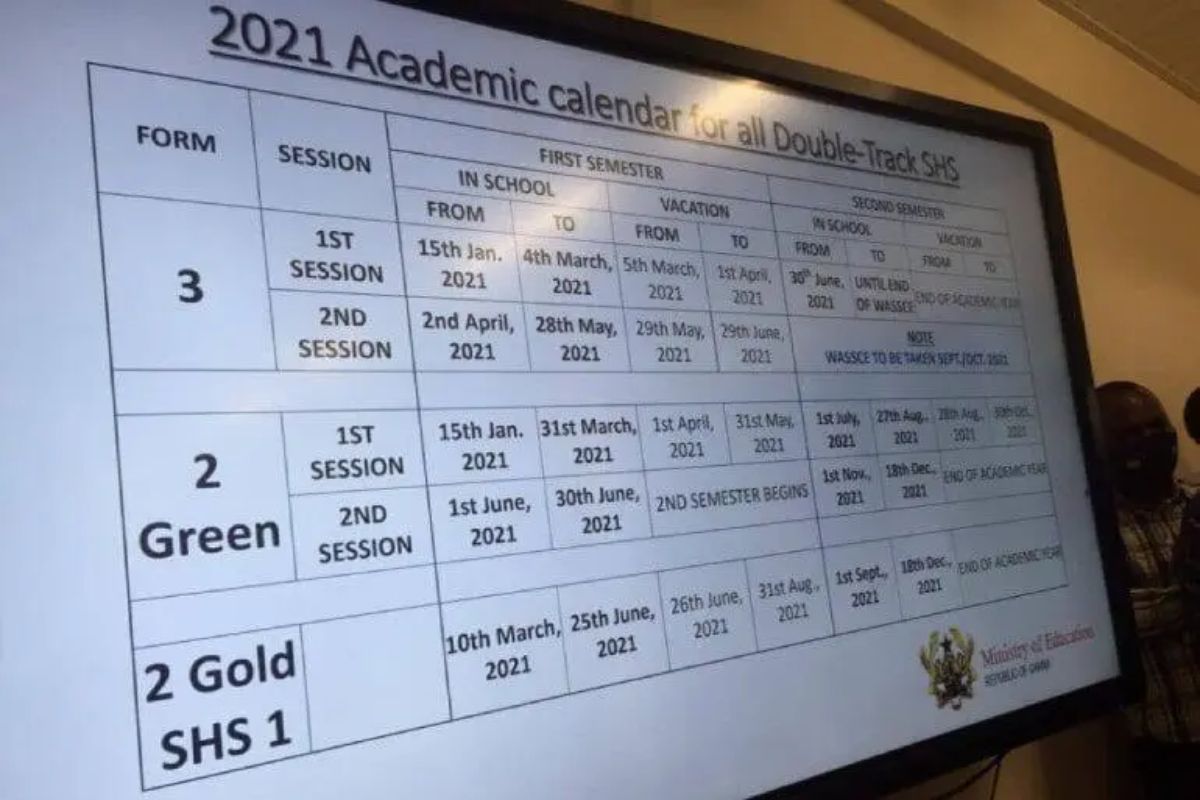 GES 2024-2025 Academic Calendar for Public Schools
GES 2024-2025 Academic Calendar for Public Schools  GES to recruit university graduates and diploma holders-GES Director General
GES to recruit university graduates and diploma holders-GES Director General 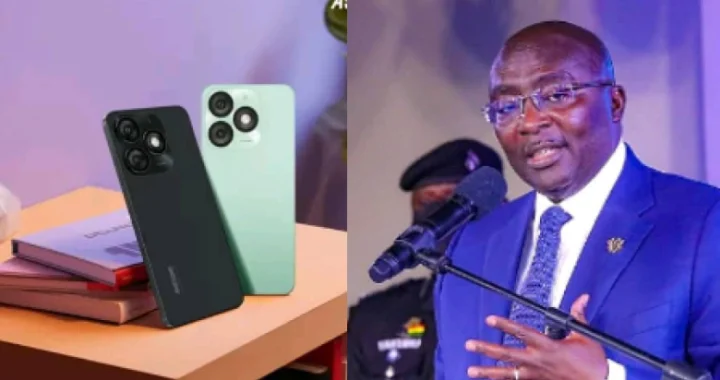 Dr. Bawumia’s Smart Phone Credit Will Take 125 Years To Repay: A Misleading Promise
Dr. Bawumia’s Smart Phone Credit Will Take 125 Years To Repay: A Misleading Promise 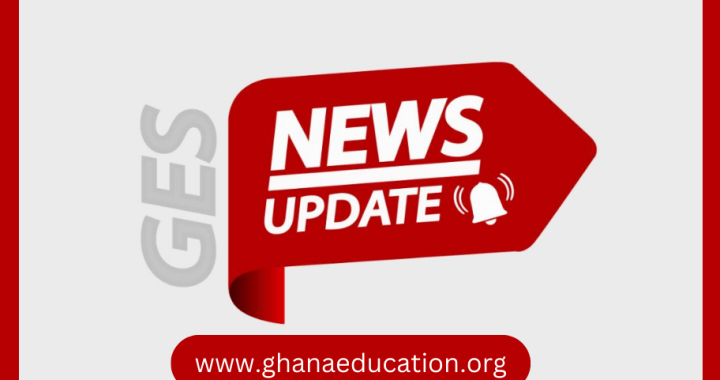 GES is expected to announce reopening dates for public schools today
GES is expected to announce reopening dates for public schools today